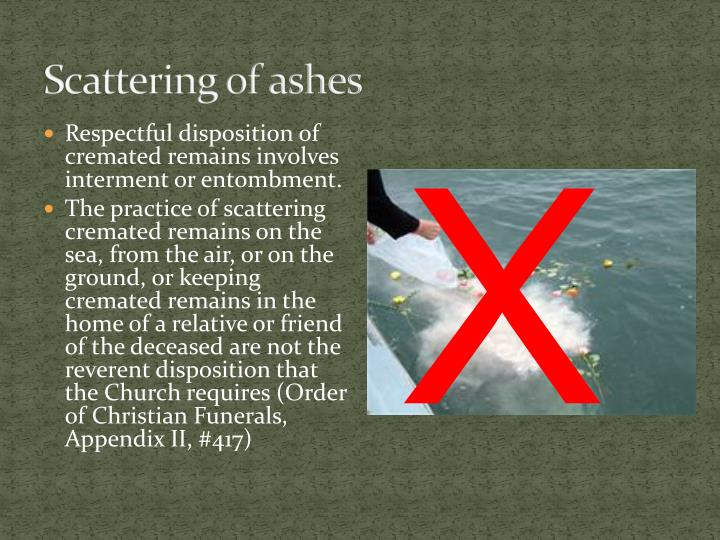

“Starck loved nothing sensational, nothing that was for mere display in matters of religion. At these exercised Starck endeavored to impress the evangelical truths of Christianity, the priceless privileges of the grace of Christ and the Christian ordinances, and the practical duties of a consistent Christian life on his individual hearerswith true pastoral tact.

These exercises, which were attended by a number of earnest souls, were private only in as far as they were distinct from the regular publis services at the church.

For thirty years he conducted ‘private’ devotional exercised on Sunday afternoons. “Starck’s predecessor in Frankfurt had been Spener, ‘the father of Pietism,’ and it fell on Starck’s lot to water what Spener had sowed. Published a German edition of Starck’s Prayer-Book for LCMS Lutherans Even Arnd’s True Christianity booksellers assert, does not equal the incluence which Starck still exerts on thousands of Christians by his Prayer-Book. “Johann Friedrich Starck, a favorite author of evangelical Germany in the era of Pietism, has more than other writer of devotional literature maintained his hold on the hearts of practising (not merely professing!) Christians. Each of these editions has its distinct merit, the latter excelling by its faithful adherence to the original, its apt renderings, and happy paraphrases.” Regarding Starck, his Prayer-Book and Pieper’s endorsement of it, Dau comments further in his Preface, as follows: Comparison was possible to the translator only with the editions published by Kohler and the German Literary Board. Dau), had this to say in his Preface: “ The translation is made from the German edition of Dr. Regarding Stump’s translation, the translator of the 1921 Concordia Edition (W.H.T. Both can be purchased today in a single volume from Emanuel Press as Stark’s Prayer-Book: Concordia Edition. Franz Pieper (LCMS): in 1900, Concordia Publishing House (CPH) – the publishing organ of the Lutheran Church - Missouri Synod (LCMS) – published a German edition of Starck’s devotional work that had been “Missouri-ized” by Pieper and in 1921, Concordia subsequently published an English edition in two separate volumes, entitled, Starck’s Prayer-Book and Starck’s Motherhood Prayers. 1705) in Frankfurt, and evidently a preferred devotional author of Rev. Starck was also a noted pietist, the successor of Philipp Jakob Spener (d. Stump in 1904, from the posthumous and final edition of 1776. Johann Friedrich Starck, of Frankfurt am Mainz, in his mightily influential devotional work, Daily Handbook in Good and Evil Days, first published in 1728, here translated into English by Rev. The following devotion and prayer was written by noted devotional author and poet, Rev. Successor to Philipp Jakob Spener – the “Father of Pietism” – in Frankfurt, DE (early 18 th Century)


 0 kommentar(er)
0 kommentar(er)
